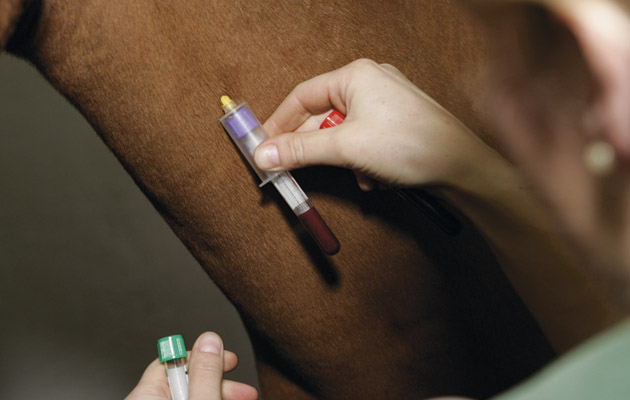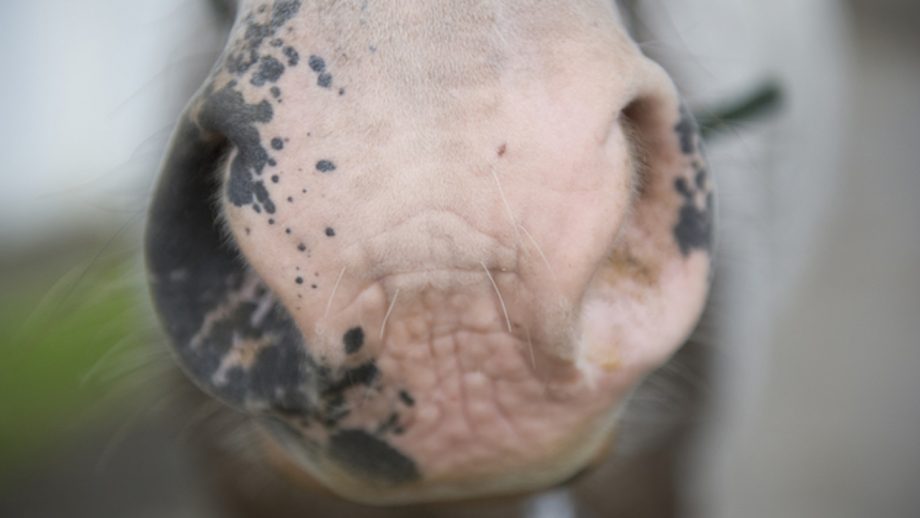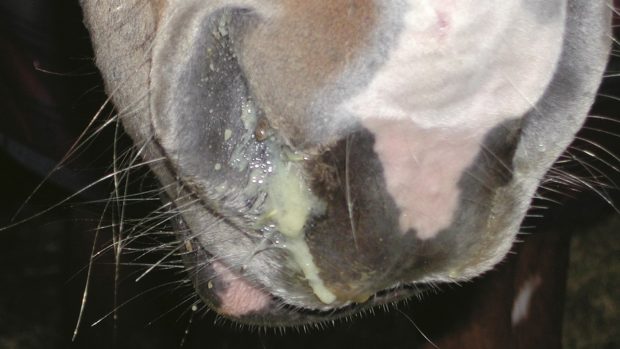Inhaled pollens could be “enhancing” the chance of horses contracting the herpes virus type one (EHV1), a study has shown.
Pollens are widely recognised as triggers for allergies and asthma but researchers at Belgium’s University of Ghent wanted to look more closely at how they interact with the mucosa membranes that line the respiratory tract.
The study’s authors said that pollens are an increasing cause for concern in today’s society.
“Global warming and today’s air pollution already led to longer-lasting and increased pollen concentrations in the ambient air and might cause future massive burdens if not prevented,” the report said. “How pollens interact with the respiratory mucosa remains largely unknown due to a lack of representative model systems.”
It is generally accepted that when pollens are inhaled by animals and are hydrated by the respiratory tract, they release a number of substances including allergens and proteases [enzymes that break down proteins and peptides].
The research, led by Jolien Van Cleemput, studied the impact of these proteases on the epithelial cells that form the surfaces of the respiratory membranes.
Using samples of Kentucky bluegrass, white birch and hazel, the researchers were able to demonstrate how the pollen proteases “selectively destroyed” the integrity and anchorage of respiratory epithelial cells by disrupting the intercellular junctions.
The study went on to explore whether the damage to the epithelial barrier resulted in increased susceptibility to pathogens.
It looked at the alphaherpes virus (EHV1), which is known to invade hosts through the respiratory mucosae. Research had previously demonstrated that the main alphaherpes receptor only became accessible if the epithelial layer was disrupted.
Results showed a clear increase in infection rates in epithelial cells that had been damaged by proteases, though the invasion was not as significant as in tissues that had been artificially damaged with an acid as a control.
Continues below…

Work starts on ‘potentially ground breaking’ equine herpes virus vaccine
‘It can strike any horse at any time, so a vaccine will be of global welfare benefit to all horses’

Equine flu: do we need an epidemic before we act?
Horse owners need to understand the importance of vaccination, an expert has warned

Subscribe to Horse & Hound magazine today – and enjoy unlimited website access all year round
“Our results are corroborated by the seasonally-observed EHV1-associated symptoms (i.e. respiratory disease, central nervous system disorders and abortion), as these occur most often during late winter and spring, when pollen concentrations in the outdoor air peak,” the report, published in journal Scientific Reports, concluded.
Along with EHV4, EHV1 is one of the most common herpes viruses to affect the horse population.
EHV1 causes respiratory disease in young horses, abortion in pregnant mares and occasionally leads to paralysis in horses of all ages and types.
For all the latest news analysis, competition reports, interviews, features and much more, don’t miss Horse & Hound magazine, on sale every Thursday.





